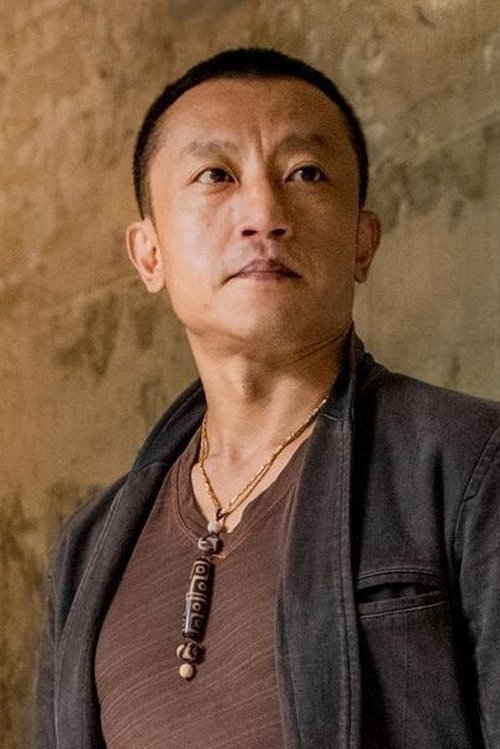Madame Tang colludes and mediates between the government and the private businesses for the benefits of her all-female family. One case does not go according to plan, and an entire family close to Madame Tang fall victim to a gruesome murder. Ambition, desire and lust eventually change Tang's relationships with her own family forever.
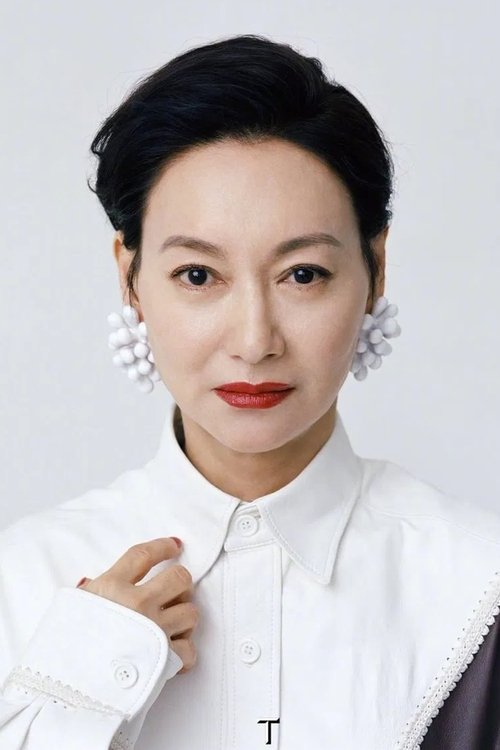
Madame Tang
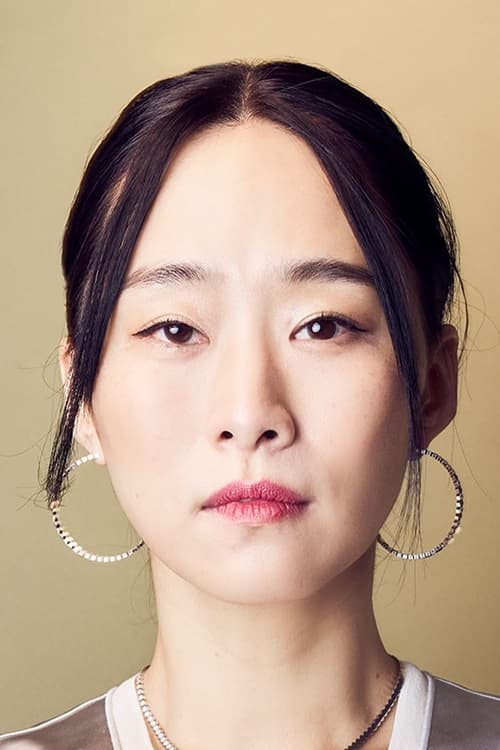
Tang Ning
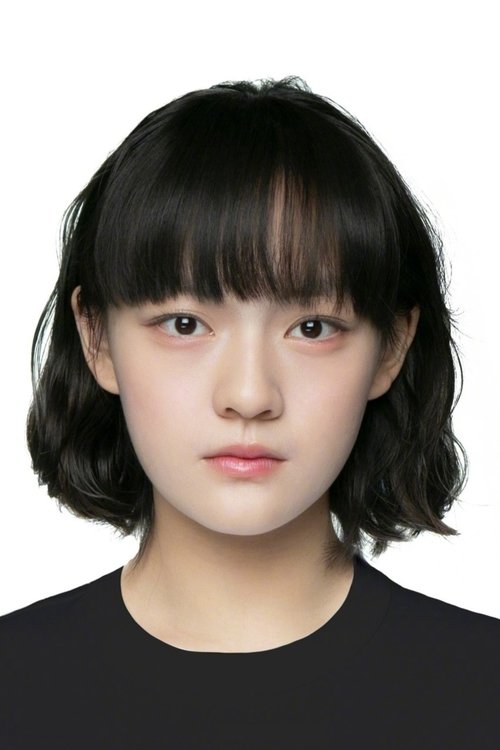
Tang Chen
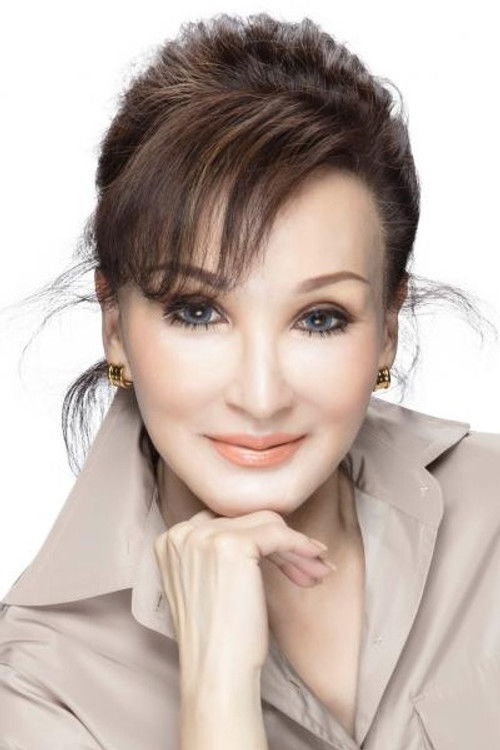
Speaker Wang's Wife

Adult Tang Chen

Banquet Singer

County Mayor's Wife

Special Assistant
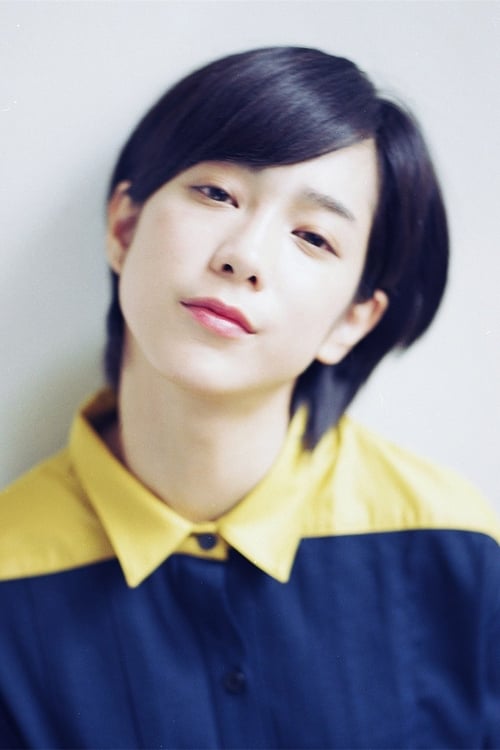
Lin Pien-Pien

Captain Liao
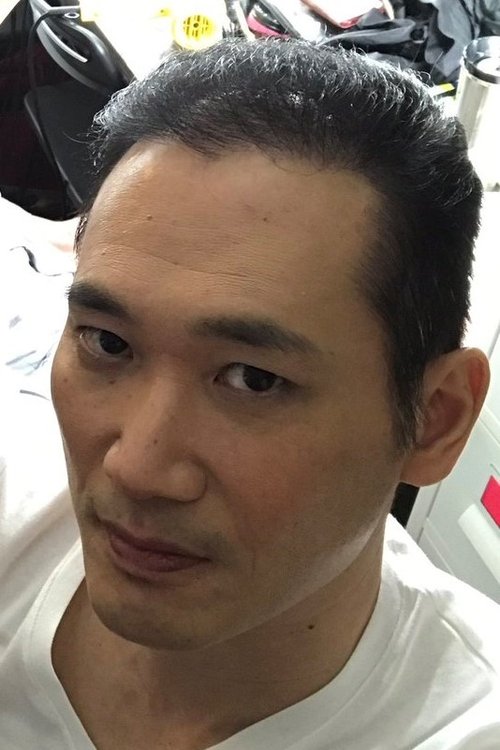
Don Juan
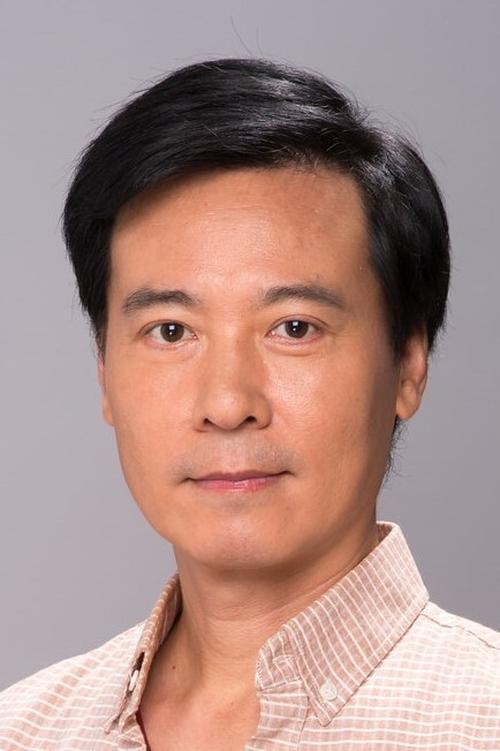
Mr. Lin
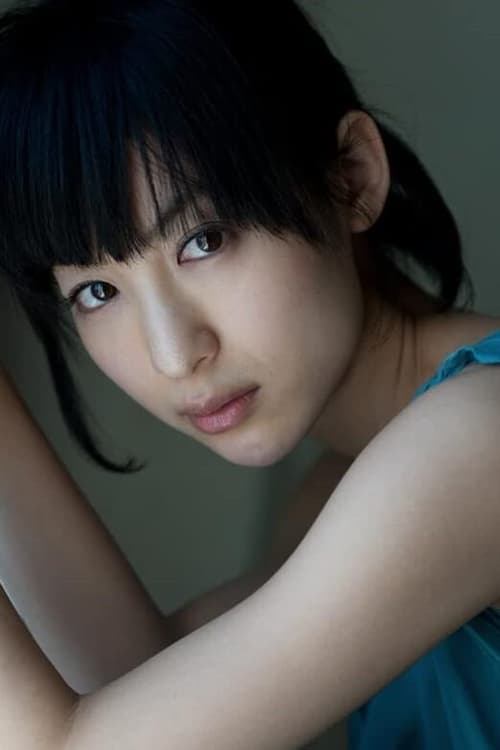
Mrs. Lin
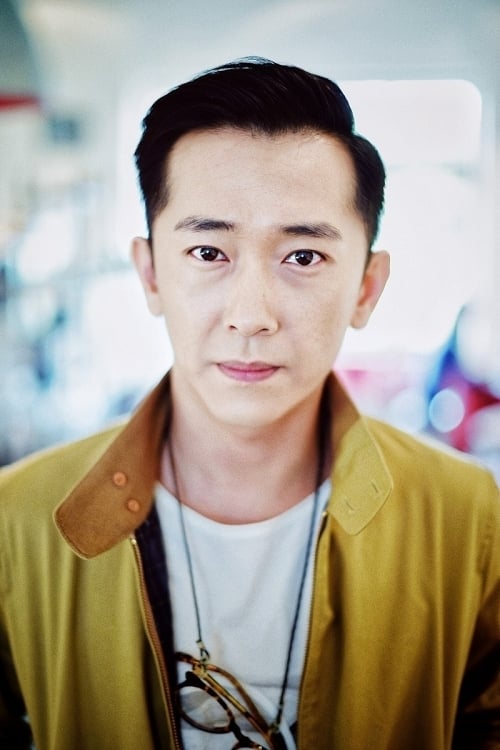
Tuan Yi
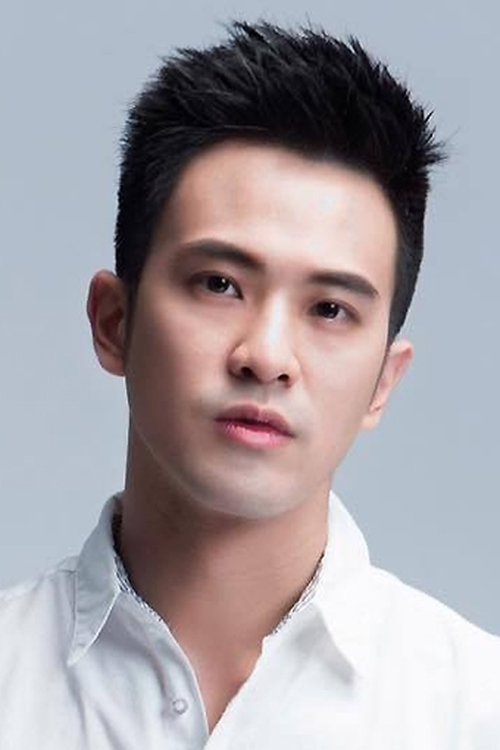
Kuei
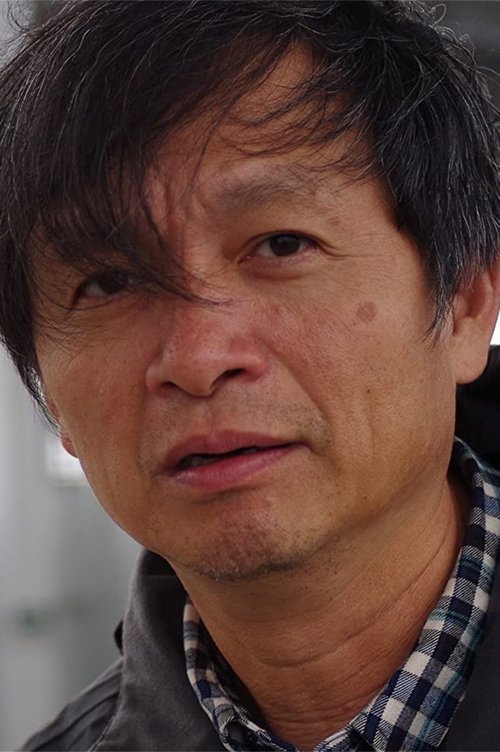
County Mayor
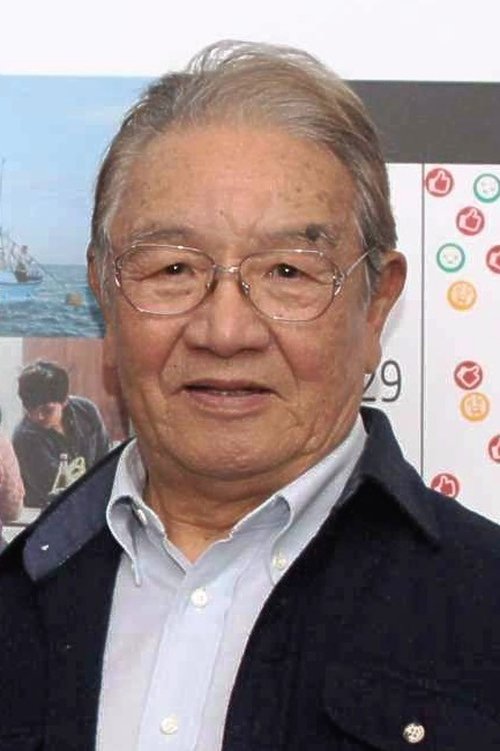
Secretary-general
**Blood Guanyin (血观音)**, directed by Yang Ya-che, emerged as a groundbreaking Taiwanese drama in 2017, shaking both domestic and international film circles with its brutal exploration of power and morality. The film swept the 54th Golden Horse Awards, clinching three prestigious honors: Best Feature Film, Best Leading Actress (for Wu Ke-xi as Madame Tang), and Best Original Screenplay—a testament to its narrative boldness and artistic excellence. **Human Shura Field on the Altar of Power and the Wheel of Causality** As the strings of pingtan (Chinese ballad) resonate on screen, the male and female singers—seated like judges of the underworld—set the tone of judgment for Blood Guanyin. Directed by Yang Ya-che, this film places three generations of the Tang family at the center of a power vortex against the backdrop of Taiwan's "Mituo Project," a web of political and commercial collusion. Through bloody transactions and familial betrayals, it rips apart the darkest blooms of human nature. Unlike the feudal cage in Raise the Red Lantern, Blood Guanyin constructs a desire-ravaged arena without moral boundaries, where the mercy of Guanyin becomes a fig leaf for power, blood ties turn into bargaining chips, and every character burns in the flames of ambition, finally confirming the pingtan horizontal scroll "So you've come"—when humanity falls into the abyss, the judgment of karma will eventually arrive. **Theme: The Human Inferno Cooked in the Cauldron of Power and Desire** The core of Blood Guanyin is no simple female elegy but a panoramic dirge of human evil. Using the "Mituo Project" as its narrative fulcrum, the film weaves political donations, land speculation, and murder into an airtight web of power. Madame Tang, the weaver of this web, embodies the ultimate hypocrisy of human nature with her "Buddhist words, serpent heart." When she holds prayer beads and chants the Heart Sutra, she is plotting the bloody massacre of the Lin family; when she kneels and kowtows to Madame Gu, the flash in her eyes is not guilt but indifference for discarding a pawn. This contrast between appearance and reality reaches its metaphorical climax in the scene of the Guanyin statue's broken arm. When Madame Wang receives an antique Guanyin whose arm suddenly falls off, Madame Tang's sophistry—"The Bodhisattva took the disaster for you"—reveals the instrumentalization of sacred symbols in the power field: Guanyin is no longer a symbol of mercy but a bloody sacrifice to power. #PowerCorruption The film unfolds human evil in a progressive cruelty. From Madame Tang luring Lin Qingtang into the game with the temptation of "buying for one dollar, selling for a hundred," to using the Duan brothers to carry out the massacre, and finally sacrificing her daughter Ning to preserve herself, the corrosion of power on humanity follows a clear trajectory of degradation. Notably, Ning's question to her mother, "Am I your designer bag, to be replaced when old?" not only reveals the objectification of women in the power game but also exposes the fragility of family ties in the face of interests. Zhen's transformation from a young girl who practices Japanese with a walkman but can't help eavesdropping and murmuring "I'm lonely" to a ruthless inheritor who rips up Madame Tang's euthanasia consent form confirms the complete alienation of humanity by power—when she jumps from a train and loses a leg after being raped by Marco at the station, that prosthetic limb becomes the remnant of humanity severed by ambition. But born into such a family and environment, who truly has a choice? The pingtan lyrics "Crabapple branches break without blood, bird nests upside-down in the north wind" form a subtle intertext. The crabapple symbolizes the Tang family, the broken branch metaphors the rupture of family bonds, and the phrase "without blood" implies a spiritual slaughter more brutal than physical violence. When Madame Tang takes the fish cheek pearls in the film—a detail rich in Cantonese food culture (each fish has only two small pieces of precious cheek meat)—it aptly reflects her greed in the "Mituo Project" to monopolize profits: while others chase the foam of Xiushan development, she has already pocketed the real essence (Lishui land). This calculation of "the road less traveled by ordinary people has the best scenery" speaks to the cruel law of winner-takes-all in the power game. **Characters: The Pantheon Under the Power Spectrum** **Madame Tang: The Power Priestess with a Serpent's Heart** Tang Yuying ranks among the most spine-chilling villains in Chinese-language cinema. This ostensibly elegant widow of a general is actually the "white glove" operator of political-commercial collusion. Her evil is not overt ferocity but the dense calculation permeating every smile and greeting. When she recommends to Boss Lin, "Secretary Feng's momentum is low, but the road less traveled by ordinary people has the best scenery," the casual words are actually bait leading prey into a trap. When she suddenly cuts the song to Shanghai Beach in KTV and plays surveillance footage of her aide's murder, her unflappable ruthlessness reveals her absolute confidence in controlling the game. The Guanyin statue completes its transformation from holy relic to weapon in her hands. Whether the broken-armed Guanyin given to Madame Wang or the incomplete statue in her shrine, both imply her desecrate and exploitation of faith. Most ironic is that after the Lin family massacre, she can calmly chant the Heart Sutra in the face of Ning's questioning. This use of religion as a power fig leaf demonstrates a twist of humanity more profound than any violence. Her teaching to Zhen, "No eyes, ears, nose, tongue, body, or mind; no form, sound, smell, taste, touch, or dharmas," intends to train her granddaughter to disregard conscience but ultimately backfires—when Zhen rips up her euthanasia consent form, this Buddhist phrase becomes her cruelest curse. **Tang Ning: The Sacrificial Offering of Burning Desire** Ning's tragedy lies in being both a tool of power—an underground prostitute created by her mother—and a rebel trying to break free from her fated role. Her threesome with Duan Zhong and Duan Yi, seemingly an indulgence of lust, is actually a deformed longing for freedom—when she cries out "Let's go there together" during the act, "there" is both a physical peak and a spiritual utopia. Her dependence on sleeping pills, aversion to Madame Tang's physical touch, and unwillingness to have her mother turn her and Zhen from mother-daughter to sisters all reveal her psychological trauma under maternal control. Two sets of contrasting details about her are particularly piercing: the sudden mother-daughter warmth when she discovers Zhen secretly bought her paint and treasured her paintings, versus the cruel contrast of being betrayed by Zhen spraying water; her panic at the market when learning Grandma Aying was taken away, versus her breakdown at seeing Duan Yi's corpse photo, showing her remaining conscience and realistic despair. Her final choice to unlock the handcuffs with Zhen and say, "Mom loves you; live like a human being," is both a salvation for her daughter and an accusation of her own fate. The woman Madame Tang called "princess by birth, servant by life" only completed her ultimate resistance against power in death. In fact, here lies a contrast: when Madame Tang told Ning to "live like a human being," she meant joining this "twisted feast" with a decent posture, while Ning hoped Zhen would hold onto her "freedom" no matter what. **Tang Zhen: The Transformation from Reflection to Poison Ivy** Zhen's path to depravity is the most chilling narrative thread. When she first appears, her reflection in the mirror overlaps with Ning's painting, suggesting she was initially just a projection of Madame Tang's will. The detail of her placing slippers for Lin Pianpian shows both the eagerness of a young girl and the silent patience of the Tang family when currying favor, waiting to seize the moment to exploit. When Madame Lin questions her, the seemingly inadvertent slip "Marco helped me look too" becomes her first ticket into the power game. When she holds Lin Pianpian's hand in the hospital to "comfort" her, the pressure of her fingertips is actually a threat; her resolve to jump from the train after being raped by Marco at the station completely severs her last connection to the young girl she once was. Finally, her words to Madame Tang, "You must live a long and healthy life," seemed filial, are actually the cruelest revenge—imprisoning the woman who was both teacher and mother to her in suffering. When the apple (a symbol of desire) falls from her hand and the camera cuts to Lin Pianpian's deathbed scene, the moment she waits for the victim to die before calling for help already predicts that Zhen will become a more ruthless power inheritor than Madame Tang. **Symbolism: The Power Rhetoric of Objects, Spaces, and Sounds** **The Guanyin Statue: The Bloody Essence Under the Cloak of Mercy** The Guanyin statue undergoes a complete alienation from sacred to profane in the film. The broken arm of the antique Guanyin given to Madame Wang at the beginning, ostensibly an auspicious sign to "ward off disaster," actually foreshadows the inescapable calamity in the power vortex. The broken-armed Guanyin enshrined in Madame Tang's shrine, juxtaposed with her chanting of the Requiem Sutra, forms a bitter satire of religious hypocrisy. The Guanyin beside Ning's portrait at the end becomes a silent witness to the power altar. This symbolic evolution of the object mirrors Madame Tang's inner trajectory—from exploiting faith to completely betraying it, finally staining Guanyin with her own daughter's blood as she becomes the "Child-Giving Guanyin" who personally sends Ning away. **Nishijin-ori and Fujiwara: Cultural Displays of Power** The Kyoto Nishijin-ori selected by Madame Tang for Madame Wang, an expensive fabric introduced from China to Japan, becomes a medium for power climbing here. The Lin family's surname "Fujiwara"—the most prominent noble family in Japanese history—implies Madame Lin cannot be truly simple enough to be manipulated. This appropriation of cultural symbols and dislocation of class identities reaches a dramatic peak at Madame Wang's art exhibition: when she mocks the buffet as "begging like a beggar," the same catering arranged by Madame Tang is in the background, revealing the contradictory mentality of the elite class—relying on yet despising lower-class services. **East Star Groupers and Fish Cheek Pearls: The Interest Metaphors of Food Politics** The two East Star groupers sent by the Jiaku grandparents and grandchildren, symbols of rare delicacies in Cantonese food culture, are offered by social lower-class fishmongers to the elite. This class contrast implies Madame Tang's manipulation and exploitation of the lower class, just as the Jiaku descendants represent fish on the chopping block. The detail of Madame Tang later peeling "cheek pearls" from the fish cheeks pushes this food metaphor to the extreme—while others fight over the "fish meat" of Xiushan development, she has already quietly taken the most essential part, the "cheek pearls." **Pingtan and Space: The Judgment Narrative in the Sound Field** The opening composition of the two pingtan singers as judges sets the film's perspective of judgment. The reflection of Zhen in the mirror beside the female singer, intertextual with the horizontal scroll "So you've come" and vertical scroll "Heaven knows, earth knows, you know, I know—what is ignorance," implies all sins are being watched unseen. When Madame Tang chants scriptures in the shrine, the sound of Ning knocking on the table confronts the pingtan dirge, displaying the game between conscience and power lust. The ending lyrics, "In the morning, the trees are full of green; at dusk, they fall with the wind," draw a period on the story of karma —the Tang family's glory finally fades like fallen leaves, confirming the ancient adage, "Good and evil deeds will eventually be rewarded." **Narrative Techniques: The Deconstruction of Power in Chapter Style** The film adopts a narrative structure similar to a chaptered novel, dismantling political and commercial intrigues into chewable power fragments through interspersed pingtan lyrics and TV news. This narrative strategy peaks in the Lin family massacre: when TV news reports "five family members gunned down," the camera pans over Jiaku with a head wound in the crowd of reporters, implying the media's complicity in the power game. The sudden insertion of Shanghai Beach in the KTV scene deconstructs the absurd nature of power alternation through a play within a play—just after the aide finishes singing, "Spoiling a pig causes it to overturn the stove; spoiling a son makes him unfilial," Madame Tang uses surveillance footage to expose the Duan brothers' murders, blurring the line between performance and reality. This chapter-style storytelling, combined with the symbolic use of colors—icy blues in the Lin family's massacre contrasting with the Tang mansion's opulent reds—creates a visual rhetoric that reinforces the theme of power's dual nature: warmth and death coexisting. In the final shot, as Zhen walks away with her prosthetic leg, the camera lingers on the empty corridor—a metaphor for humanity's endless march through the shura field of power. Blood Guanyin does not offer redemption; it merely holds up a mirror, forcing audiences to confront the monster that power can make of us all. As the pingtan singers intone, "So you've come"—the question is not if we will enter the arena, but how much of our humanity we are willing to leave behind.
November 24, 2017

Madame Tang

Tang Ning

Tang Chen

Speaker Wang's Wife

Adult Tang Chen

Banquet Singer

County Mayor's Wife

Special Assistant

Lin Pien-Pien

Captain Liao

Don Juan

Mr. Lin

Mrs. Lin

Tuan Yi

Kuei

County Mayor

Secretary-general
**Blood Guanyin (血观音)**, directed by Yang Ya-che, emerged as a groundbreaking Taiwanese drama in 2017, shaking both domestic and international film circles with its brutal exploration of power and morality. The film swept the 54th Golden Horse Awards, clinching three prestigious honors: Best Feature Film, Best Leading Actress (for Wu Ke-xi as Madame Tang), and Best Original Screenplay—a testament to its narrative boldness and artistic excellence. **Human Shura Field on the Altar of Power and the Wheel of Causality** As the strings of pingtan (Chinese ballad) resonate on screen, the male and female singers—seated like judges of the underworld—set the tone of judgment for Blood Guanyin. Directed by Yang Ya-che, this film places three generations of the Tang family at the center of a power vortex against the backdrop of Taiwan's "Mituo Project," a web of political and commercial collusion. Through bloody transactions and familial betrayals, it rips apart the darkest blooms of human nature. Unlike the feudal cage in Raise the Red Lantern, Blood Guanyin constructs a desire-ravaged arena without moral boundaries, where the mercy of Guanyin becomes a fig leaf for power, blood ties turn into bargaining chips, and every character burns in the flames of ambition, finally confirming the pingtan horizontal scroll "So you've come"—when humanity falls into the abyss, the judgment of karma will eventually arrive. **Theme: The Human Inferno Cooked in the Cauldron of Power and Desire** The core of Blood Guanyin is no simple female elegy but a panoramic dirge of human evil. Using the "Mituo Project" as its narrative fulcrum, the film weaves political donations, land speculation, and murder into an airtight web of power. Madame Tang, the weaver of this web, embodies the ultimate hypocrisy of human nature with her "Buddhist words, serpent heart." When she holds prayer beads and chants the Heart Sutra, she is plotting the bloody massacre of the Lin family; when she kneels and kowtows to Madame Gu, the flash in her eyes is not guilt but indifference for discarding a pawn. This contrast between appearance and reality reaches its metaphorical climax in the scene of the Guanyin statue's broken arm. When Madame Wang receives an antique Guanyin whose arm suddenly falls off, Madame Tang's sophistry—"The Bodhisattva took the disaster for you"—reveals the instrumentalization of sacred symbols in the power field: Guanyin is no longer a symbol of mercy but a bloody sacrifice to power. #PowerCorruption The film unfolds human evil in a progressive cruelty. From Madame Tang luring Lin Qingtang into the game with the temptation of "buying for one dollar, selling for a hundred," to using the Duan brothers to carry out the massacre, and finally sacrificing her daughter Ning to preserve herself, the corrosion of power on humanity follows a clear trajectory of degradation. Notably, Ning's question to her mother, "Am I your designer bag, to be replaced when old?" not only reveals the objectification of women in the power game but also exposes the fragility of family ties in the face of interests. Zhen's transformation from a young girl who practices Japanese with a walkman but can't help eavesdropping and murmuring "I'm lonely" to a ruthless inheritor who rips up Madame Tang's euthanasia consent form confirms the complete alienation of humanity by power—when she jumps from a train and loses a leg after being raped by Marco at the station, that prosthetic limb becomes the remnant of humanity severed by ambition. But born into such a family and environment, who truly has a choice? The pingtan lyrics "Crabapple branches break without blood, bird nests upside-down in the north wind" form a subtle intertext. The crabapple symbolizes the Tang family, the broken branch metaphors the rupture of family bonds, and the phrase "without blood" implies a spiritual slaughter more brutal than physical violence. When Madame Tang takes the fish cheek pearls in the film—a detail rich in Cantonese food culture (each fish has only two small pieces of precious cheek meat)—it aptly reflects her greed in the "Mituo Project" to monopolize profits: while others chase the foam of Xiushan development, she has already pocketed the real essence (Lishui land). This calculation of "the road less traveled by ordinary people has the best scenery" speaks to the cruel law of winner-takes-all in the power game. **Characters: The Pantheon Under the Power Spectrum** **Madame Tang: The Power Priestess with a Serpent's Heart** Tang Yuying ranks among the most spine-chilling villains in Chinese-language cinema. This ostensibly elegant widow of a general is actually the "white glove" operator of political-commercial collusion. Her evil is not overt ferocity but the dense calculation permeating every smile and greeting. When she recommends to Boss Lin, "Secretary Feng's momentum is low, but the road less traveled by ordinary people has the best scenery," the casual words are actually bait leading prey into a trap. When she suddenly cuts the song to Shanghai Beach in KTV and plays surveillance footage of her aide's murder, her unflappable ruthlessness reveals her absolute confidence in controlling the game. The Guanyin statue completes its transformation from holy relic to weapon in her hands. Whether the broken-armed Guanyin given to Madame Wang or the incomplete statue in her shrine, both imply her desecrate and exploitation of faith. Most ironic is that after the Lin family massacre, she can calmly chant the Heart Sutra in the face of Ning's questioning. This use of religion as a power fig leaf demonstrates a twist of humanity more profound than any violence. Her teaching to Zhen, "No eyes, ears, nose, tongue, body, or mind; no form, sound, smell, taste, touch, or dharmas," intends to train her granddaughter to disregard conscience but ultimately backfires—when Zhen rips up her euthanasia consent form, this Buddhist phrase becomes her cruelest curse. **Tang Ning: The Sacrificial Offering of Burning Desire** Ning's tragedy lies in being both a tool of power—an underground prostitute created by her mother—and a rebel trying to break free from her fated role. Her threesome with Duan Zhong and Duan Yi, seemingly an indulgence of lust, is actually a deformed longing for freedom—when she cries out "Let's go there together" during the act, "there" is both a physical peak and a spiritual utopia. Her dependence on sleeping pills, aversion to Madame Tang's physical touch, and unwillingness to have her mother turn her and Zhen from mother-daughter to sisters all reveal her psychological trauma under maternal control. Two sets of contrasting details about her are particularly piercing: the sudden mother-daughter warmth when she discovers Zhen secretly bought her paint and treasured her paintings, versus the cruel contrast of being betrayed by Zhen spraying water; her panic at the market when learning Grandma Aying was taken away, versus her breakdown at seeing Duan Yi's corpse photo, showing her remaining conscience and realistic despair. Her final choice to unlock the handcuffs with Zhen and say, "Mom loves you; live like a human being," is both a salvation for her daughter and an accusation of her own fate. The woman Madame Tang called "princess by birth, servant by life" only completed her ultimate resistance against power in death. In fact, here lies a contrast: when Madame Tang told Ning to "live like a human being," she meant joining this "twisted feast" with a decent posture, while Ning hoped Zhen would hold onto her "freedom" no matter what. **Tang Zhen: The Transformation from Reflection to Poison Ivy** Zhen's path to depravity is the most chilling narrative thread. When she first appears, her reflection in the mirror overlaps with Ning's painting, suggesting she was initially just a projection of Madame Tang's will. The detail of her placing slippers for Lin Pianpian shows both the eagerness of a young girl and the silent patience of the Tang family when currying favor, waiting to seize the moment to exploit. When Madame Lin questions her, the seemingly inadvertent slip "Marco helped me look too" becomes her first ticket into the power game. When she holds Lin Pianpian's hand in the hospital to "comfort" her, the pressure of her fingertips is actually a threat; her resolve to jump from the train after being raped by Marco at the station completely severs her last connection to the young girl she once was. Finally, her words to Madame Tang, "You must live a long and healthy life," seemed filial, are actually the cruelest revenge—imprisoning the woman who was both teacher and mother to her in suffering. When the apple (a symbol of desire) falls from her hand and the camera cuts to Lin Pianpian's deathbed scene, the moment she waits for the victim to die before calling for help already predicts that Zhen will become a more ruthless power inheritor than Madame Tang. **Symbolism: The Power Rhetoric of Objects, Spaces, and Sounds** **The Guanyin Statue: The Bloody Essence Under the Cloak of Mercy** The Guanyin statue undergoes a complete alienation from sacred to profane in the film. The broken arm of the antique Guanyin given to Madame Wang at the beginning, ostensibly an auspicious sign to "ward off disaster," actually foreshadows the inescapable calamity in the power vortex. The broken-armed Guanyin enshrined in Madame Tang's shrine, juxtaposed with her chanting of the Requiem Sutra, forms a bitter satire of religious hypocrisy. The Guanyin beside Ning's portrait at the end becomes a silent witness to the power altar. This symbolic evolution of the object mirrors Madame Tang's inner trajectory—from exploiting faith to completely betraying it, finally staining Guanyin with her own daughter's blood as she becomes the "Child-Giving Guanyin" who personally sends Ning away. **Nishijin-ori and Fujiwara: Cultural Displays of Power** The Kyoto Nishijin-ori selected by Madame Tang for Madame Wang, an expensive fabric introduced from China to Japan, becomes a medium for power climbing here. The Lin family's surname "Fujiwara"—the most prominent noble family in Japanese history—implies Madame Lin cannot be truly simple enough to be manipulated. This appropriation of cultural symbols and dislocation of class identities reaches a dramatic peak at Madame Wang's art exhibition: when she mocks the buffet as "begging like a beggar," the same catering arranged by Madame Tang is in the background, revealing the contradictory mentality of the elite class—relying on yet despising lower-class services. **East Star Groupers and Fish Cheek Pearls: The Interest Metaphors of Food Politics** The two East Star groupers sent by the Jiaku grandparents and grandchildren, symbols of rare delicacies in Cantonese food culture, are offered by social lower-class fishmongers to the elite. This class contrast implies Madame Tang's manipulation and exploitation of the lower class, just as the Jiaku descendants represent fish on the chopping block. The detail of Madame Tang later peeling "cheek pearls" from the fish cheeks pushes this food metaphor to the extreme—while others fight over the "fish meat" of Xiushan development, she has already quietly taken the most essential part, the "cheek pearls." **Pingtan and Space: The Judgment Narrative in the Sound Field** The opening composition of the two pingtan singers as judges sets the film's perspective of judgment. The reflection of Zhen in the mirror beside the female singer, intertextual with the horizontal scroll "So you've come" and vertical scroll "Heaven knows, earth knows, you know, I know—what is ignorance," implies all sins are being watched unseen. When Madame Tang chants scriptures in the shrine, the sound of Ning knocking on the table confronts the pingtan dirge, displaying the game between conscience and power lust. The ending lyrics, "In the morning, the trees are full of green; at dusk, they fall with the wind," draw a period on the story of karma —the Tang family's glory finally fades like fallen leaves, confirming the ancient adage, "Good and evil deeds will eventually be rewarded." **Narrative Techniques: The Deconstruction of Power in Chapter Style** The film adopts a narrative structure similar to a chaptered novel, dismantling political and commercial intrigues into chewable power fragments through interspersed pingtan lyrics and TV news. This narrative strategy peaks in the Lin family massacre: when TV news reports "five family members gunned down," the camera pans over Jiaku with a head wound in the crowd of reporters, implying the media's complicity in the power game. The sudden insertion of Shanghai Beach in the KTV scene deconstructs the absurd nature of power alternation through a play within a play—just after the aide finishes singing, "Spoiling a pig causes it to overturn the stove; spoiling a son makes him unfilial," Madame Tang uses surveillance footage to expose the Duan brothers' murders, blurring the line between performance and reality. This chapter-style storytelling, combined with the symbolic use of colors—icy blues in the Lin family's massacre contrasting with the Tang mansion's opulent reds—creates a visual rhetoric that reinforces the theme of power's dual nature: warmth and death coexisting. In the final shot, as Zhen walks away with her prosthetic leg, the camera lingers on the empty corridor—a metaphor for humanity's endless march through the shura field of power. Blood Guanyin does not offer redemption; it merely holds up a mirror, forcing audiences to confront the monster that power can make of us all. As the pingtan singers intone, "So you've come"—the question is not if we will enter the arena, but how much of our humanity we are willing to leave behind.
